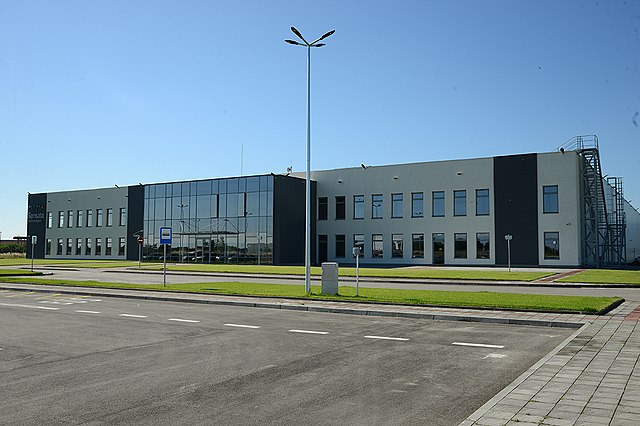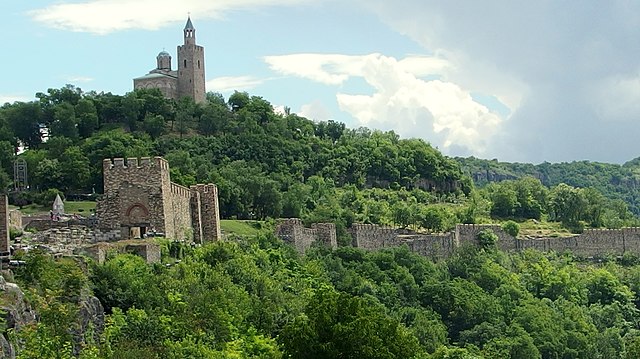The economy of Bulgaria functions on the principles of the free market, having a large private sector and a smaller public one. Bulgaria is an industrialised high-income country according to the World Bank, and is a member of the European Union (EU), the World Trade Organization (WTO), the Organization for Security and Co-operation in Europe (OSCE) and the Organization of the Black Sea Economic Cooperation (BSEC). The Bulgarian economy has experienced significant growth (538%), starting from $13.15 billion and reaching estimated gross domestic product (GDP) of $86 billion or $203 billion, GDP per capita of $31,148, average gross monthly salary of 2,009 leva, and average net monthly salary of $2,102 (2022). The national currency is the lev, pegged to the euro at a rate of 1.95583 leva for 1 euro. The lev is the strongest and most stable currency in Eastern Europe.
Image: Business Park Sofia view 2
Image: GBO 0954
Image: Golden Sands 2005
Image: Borovets 2015
Bulgaria, officially the Republic of Bulgaria, is a country in Southeast Europe. Located west of the Black Sea and south of the Danube river, Bulgaria is bordered by Greece and Turkey to the south, Serbia and North Macedonia to the west, and Romania to the north. It covers a territory of 110,994 square kilometres (42,855 sq mi) and is the 16th largest country in Europe. Sofia is the nation's capital and largest city; other major cities include Burgas, Plovdiv, and Varna.
Odrysian golden wreath in the National History Museum
Emperor Simeon I: The Morning Star of Slavonic Literature, The Slav Epic cycle by Alfons Mucha
The walls of Tsarevets fortress in Veliko Tarnovo, the capital of the second empire
The Battle of Nicopolis in 1396 marked the end of medieval Bulgarian statehood.








